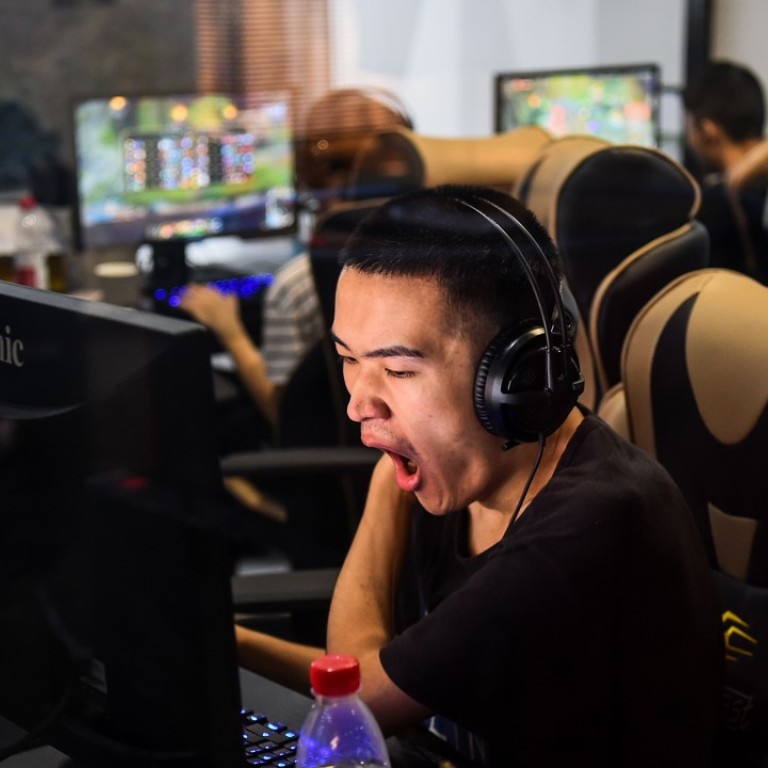
Enough blood and gore: China wants to ban hit game PlayerUnknown’s Battlegrounds for not conforming to socialist values
PlayerUnknown’s Battlegrounds is the hottest video game of 2017, with more than 15 million copies sold in six months. Now China’s censor wants to ban it
The blood and gore that’s made PlayerUnknown’s Battlegrounds the hottest video game of 2017 may be its undoing in the world’s largest consumer market.
The association urged the State Administration of Press, Publication, Radio, Film & Television, which regulates and licenses of every aspect of content in China, to ban the game in the country.
Published by South Korea’s Bluehole Studio, the computer game that’s also known as PUBG has sold more than 15 million copies at US$30 each in six months, according to Steamspy, which provides analytics data. Up to 2 million players are on it concurrently at any one time, closing in on other popular online games such as Dota and League of Legends in viewership and players.
China and South Korea are the two major markets that underpin PUBG’s runaway success. In China, the game is accessible through US-based gaming platform Steam, although the experience is mostly unsatisfactory due to poor connectivity and lags in downloading data. Bluehole refers China-based players to Xunyou, which provides a virtual private network (VPN) service that claims to remove the lag.
The game, which is played on personal computers, is being courted by some of the world’s largest technology companies. Microsoft will launch the title on Xbox in December in time for the holiday season, while Sony is in talks with the publisher about a version for the PlayStation, according to Bloomberg.
Tencent Holdings, the operator of China’s dominant mobile social network, had been in discussions to put the game on smartphones, Bloomberg reported in September citing Bluehole’s co-founder Chang Byung-gyu.
Jane Yip, a spokeswoman for Tencent, didn’t respond to an email about Tencent’s plan to launch PUBG in China.
Tencent’s WeChat social network, known as Weixin in the mainland version, had 938 million monthly active users as of March 31. A user base of such a size would be the ultimate jackpot for the PUBG game and its creator Brendan Greene.
It’ll also be a bonanza for Tencent, whose runaway mobile game hit Honor of Kings has more than 200 million registered players, 80 million of whom - equivalent to Germany’s entire population - play it actively everyday. Online games contributed to 47 per cent of Tencent’s almost 152 billion yuan (US$22.95 billion) in revenue last year.
A ban on PUBG comes at an inopportune time for Tencent, as it seeks a second act to diversify its revenue from Honor. The game barely survived a publicity assault in July wrought by none other than the Chinese Communist Party’s mouthpiece newspaper People’s Daily, which described Honor as “poison” and “drug” that was harming teenagers. In response, Tencent had to impose playtime limits for children under the age of 12.

